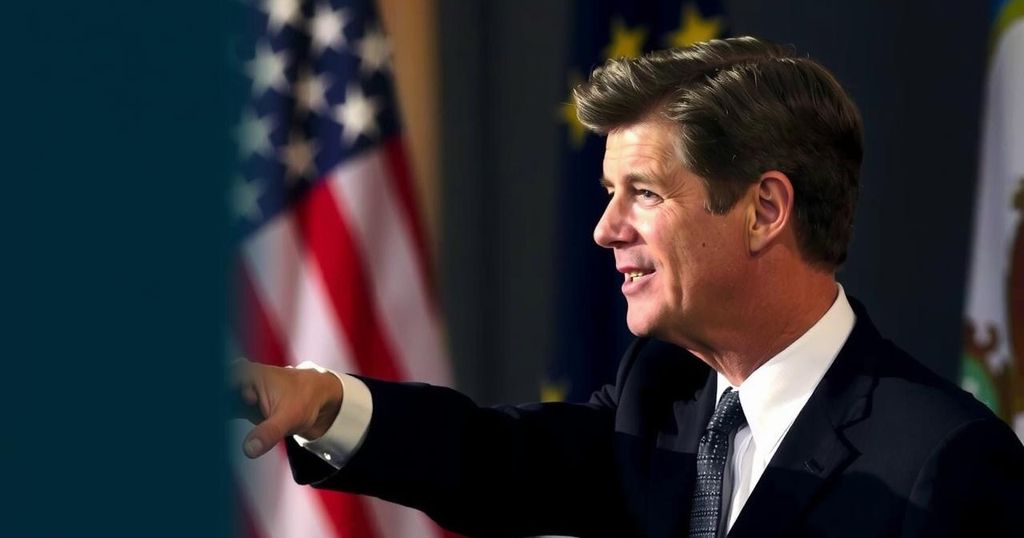Kennedy Jr. Cancels Bucharest Visit as Romanian Election Results Confirmed

Robert F. Kennedy Jr. will not visit Bucharest following the validation of Romania’s presidential election results. Key events across Europe also include military support from Germany to Ukraine, a no-confidence vote threatening France’s government, and political movements against abortion in Spain. Additionally, Bulgaria has banned a Russian businessman, while Poland’s presidential candidate presents challenges for the ruling party.
In summary, Robert F. Kennedy Jr. will not be visiting Bucharest, as a Romanian court has upheld the results of the recent presidential election. Meanwhile, significant developments are occurring throughout Europe, including a pledge of military aid from Germany to Ukraine, a looming no-confidence vote in France, and political maneuvers in Italy. Additionally, right-wing parties in Spain are mobilizing against abortion, while Bulgaria has declared a Russian businessman persona non grata. Furthermore, Poland’s presidential candidate has met with dissent from President Andrzej Duda, and the Czech Republic’s defense manufacturer has joined the ranks of the world’s top defense companies.
The news highlights a variety of political and social developments across Europe. The validation of the Romanian presidential election results has put an end to speculation regarding its legitimacy. Moreover, German Chancellor Olaf Scholz’s visit to Kyiv emphasizes Germany’s commitment to supporting Ukraine amid ongoing tensions with Russia. The political landscape in France is precarious, with the government facing the possibility of a no-confidence vote. Furthermore, Spain’s political right is actively campaigning on social issues like abortion, while Bulgaria’s measures against foreign influence reflect growing concerns. The Czech Republic’s defense capabilities are gaining recognition on a global scale as regional dynamics evolve in Eastern Europe.
In conclusion, the political scene across Europe is marked by significant events, including the finalization of Romania’s election, Germany’s military support for Ukraine, and rising tensions in France and Spain over social policies. The changing dynamics in Poland, Czech Republic, and Bulgaria further illustrate the complexities facing the continent. Collectively, these developments indicate a rapidly evolving political landscape that warrants close attention from observers and stakeholders alike.
Original Source: www.euractiv.com








